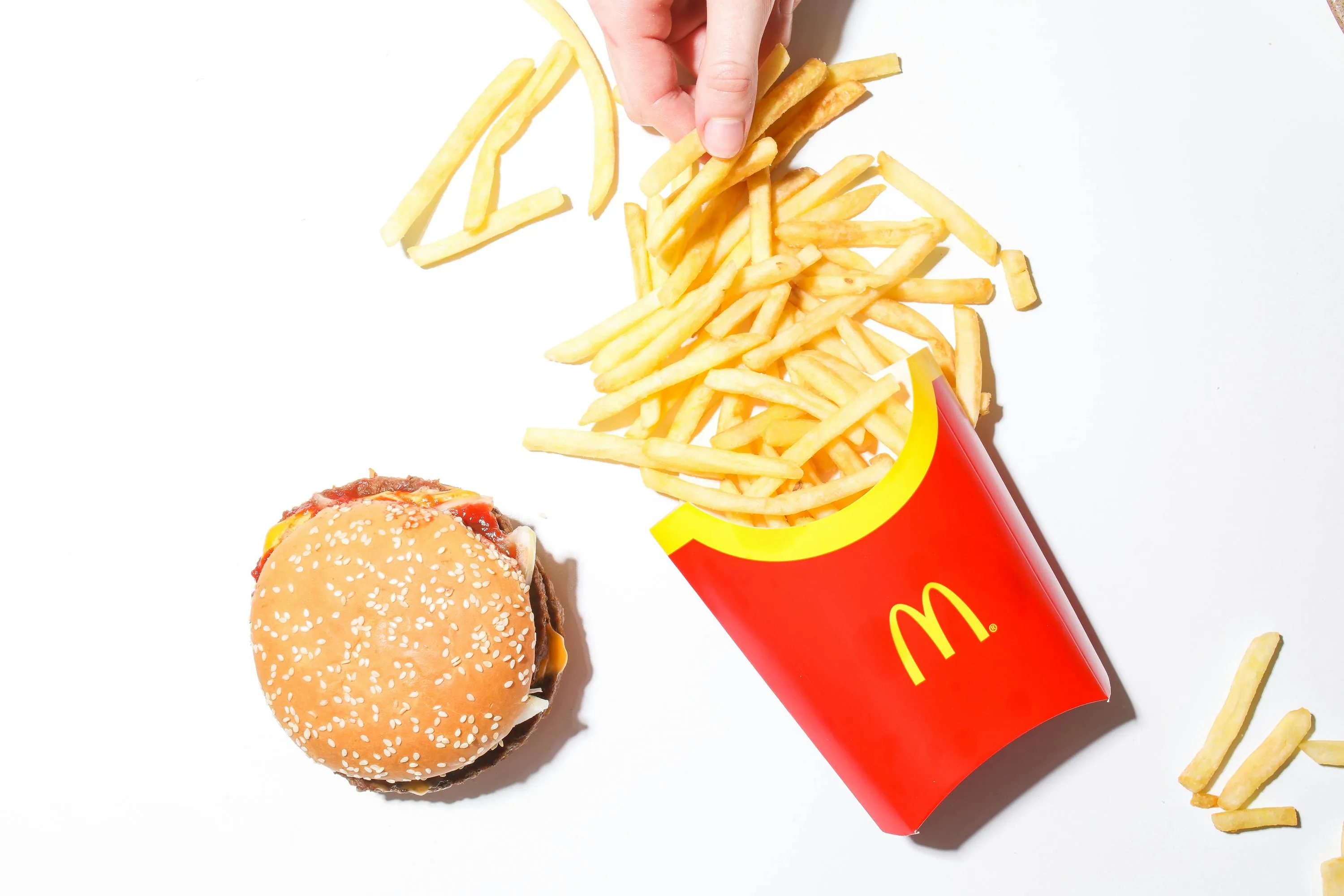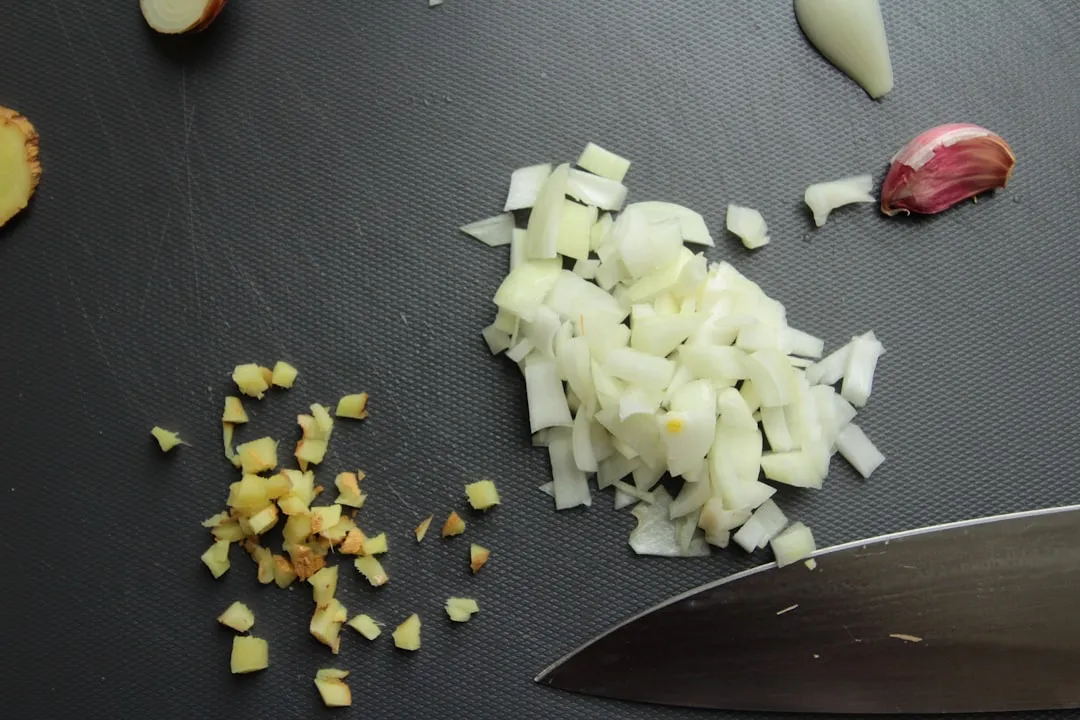When to throw meat away is a common question, and one I often ask when faced with meat sitting in the fridge after a few days. With vegetables, you can usually tell on sight (or with this guide) when they're past due, but meat is not as simple.
As long as meat is refrigerated at 40°F or lower, it remains free of bacteria or mold—but only for a certain length of time, and the time differs based on both the kind of meat and the way it's butchered. Meat that browns in the fridge or gives of a slightly sulfuric smell, for example, may still be safe for consumption.
- Don't Miss: Three Cheap Meat Cuts That You Need to Utilize
For those times when you are unsure of your meat's freshness, here are guidelines that will help you decide to keep or toss that chop in your fridge (and freezer).
Beef
Whole pieces of raw beef keep longer than their ground up counterpart, which is more processed. E. coli is a common food-borne illness associated with beef; it can be killed through cooking, but may resurface if the meat is not handled or cooked properly.
- Steak, roasts, and chops last for 3-5 days in the refrigerator.
- Ground beef (including hamburger meat) is more processed and therefore only lasts 1-2 days before you should be wary of eating it.

Pork
Ground pork has a quicker expiration date than whole cuts and pork with preservatives, similar to beef. Trichinella spiralis, a parasite that results in trichinosis, should be kept in mind when handling and cooking raw pork.
- Fresh chops, shoulder, and loins will last 1-2 days in the fridge.
- Ground pork should be cooked within 1-2 days.
- Sausage (which is essentially ground meat in casing) should also be consumed within 1-2 days as well.
- Bacon lasts for 7 days.
- Hot dogs last for 1 week if the package is open and 2 weeks if it is sealed.
Chicken, Turkey, & Duck
The major concern for uncooked poultry is preventing the contamination of salmonella, which is only destroyed through cooking the meat at a proper temperature.
- All raw poultry (no matter its form) should be used within 1-2 days.

- Don't Miss: Should You Even Bother Rinsing Chicken?
Lamb
Most lamb is whole cut and, similar to beef, it can last longer in the fridge. Also, like cows, lamb can carry E. coli and should be cooked to at least medium rare doneness to avoid this illness.
- Steak, roasts, and chops last for 3-5 days in the refrigerator.

Deli Meats
Highly processed foods like lunch meat will keep as long as whole cuts of meat because of the preservatives. However, Listeria is a bacteria that can be found in deli meats—which is why people with compromised immune systems, such as pregnant woman, are discouraged from eating it. Listeria is killed when exposed to heat, though, so consider toasting your sandwich if you're worried about the bacteria.
- Opened packages are good for 3-5 days.
- Unopened packages will last for 2 weeks.
Cooked Meat
As with most cooked foods, it is best to keep cooked meat in the fridge for 3-4 days at most to avoid excessive bacteria growth and food-borne illnesses.
Freezer Rules
If you're on the last day of the suggested times listed above, it's totally okay to freeze the meat for prolonged life if you don't have time to cook it right then and there.
Putting your meat in the freezer allows it to keep indefinitely, but the flavor will certainly be compromised if you let it linger for too long. Here are the suggested guidelines for the variable types of meat:
- Lunch meats, hot dogs, and sausages: 1-2 months
- Bacon: 1 month
- Hamburgers and other ground meat: 3-4 months
- Chops: 4-6 months
- Roasts: 4-12 months
- Steaks: 6-12 months
- Whole poultry: 1 year
- Poultry pieces: 9 months
For meat that was previously frozen, make sure to start the countdown after it has completely thawed (which is usually a full day for most meat). On the other hand, make sure to freeze unused meat the day of its expiration to ensure that it will be safe to eat when you defrost it.
- Don't Miss: Your Freezer: You're Using That Wrong, Too
Now that you know the rules of proper meat storage and consumption, you can go ahead and prepare dishes like a delicious pan-fried duck breast or a savory roasted chicken without the fear of food poisoning. Enjoy!
More Helpful Meat Hacks:
- The Essential Secrets for Perfectly Slicing Meat
- How to Keep Ground Meat from Sticking to Your Hands
- How to Make Tough Meat Tender & Give Chicken a New Personality
- The Food Hacks Guide to Breading & Frying Meat to Perfection
- These Two Items Make the Only Meat Marinade You Will Ever Need
Photos by Julia Kitlinski-Hong/Food Hacks (unless otherwise stated)




























Comments
Be the first, drop a comment!